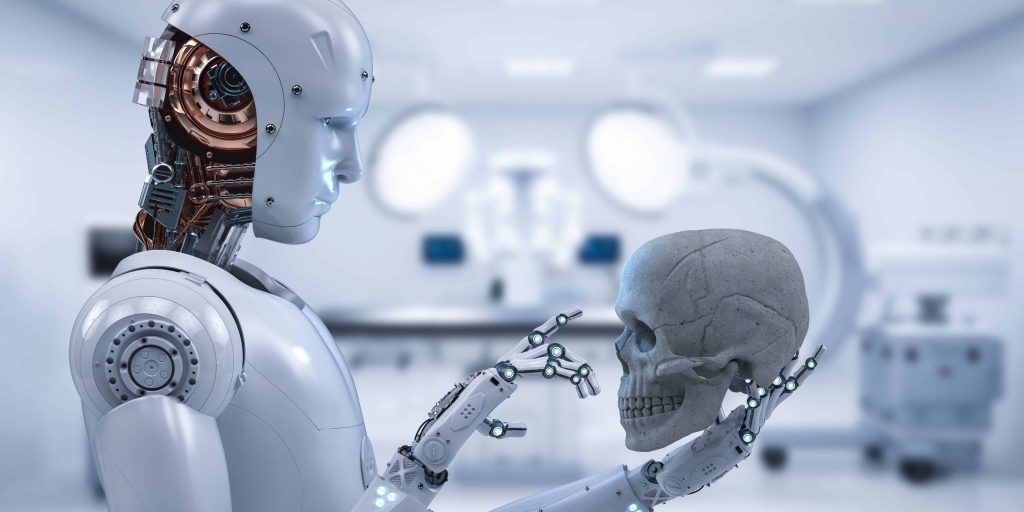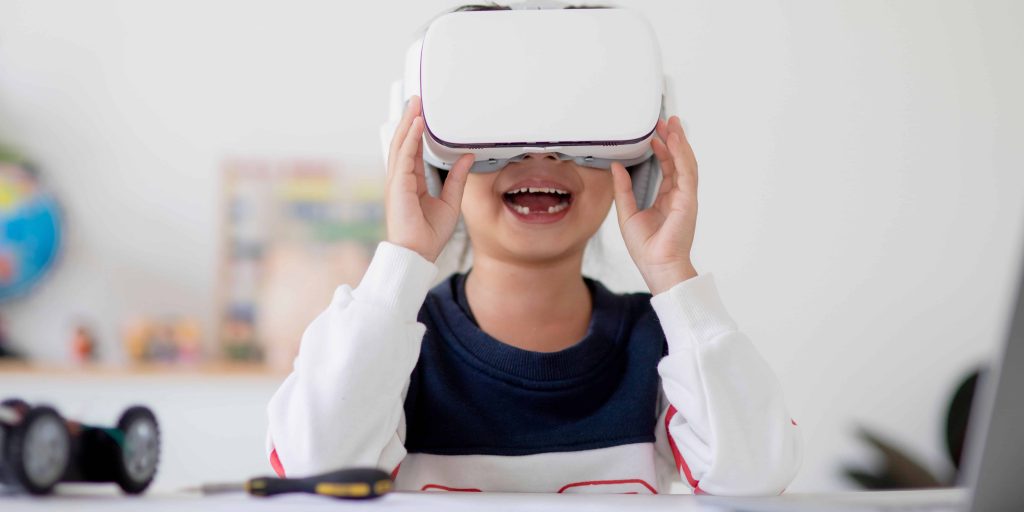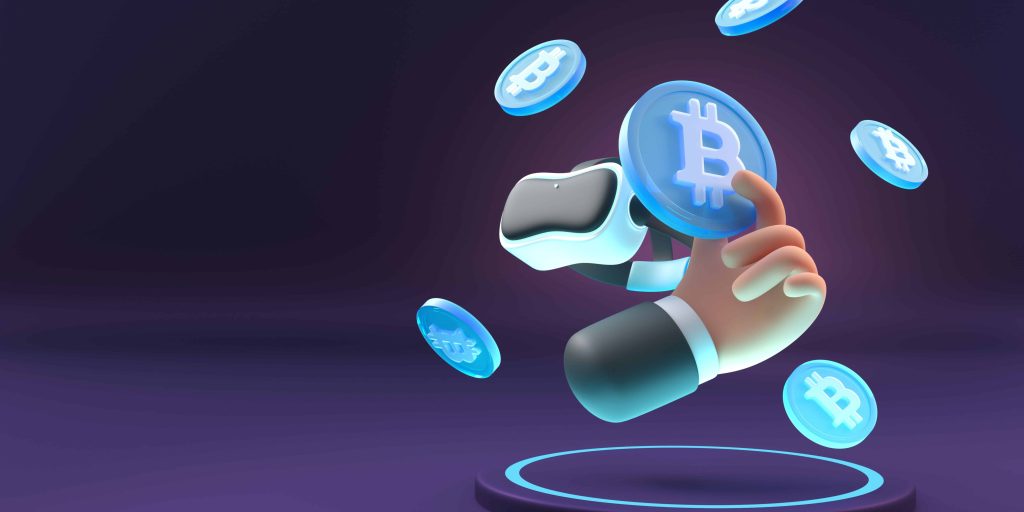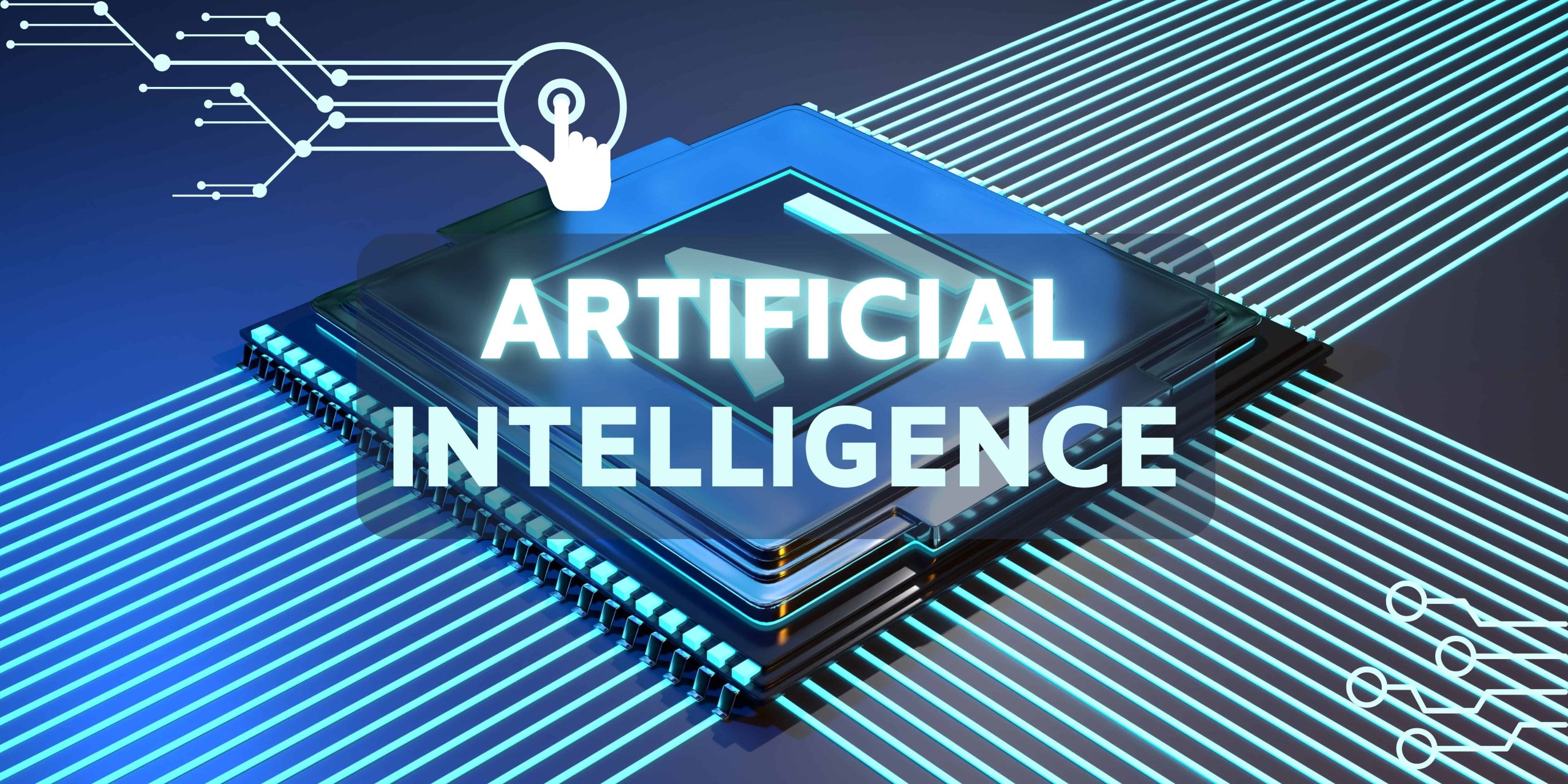Artificial intelligence has revolutionized various industries and has had a significant impact on healthcare, education, gaming, finance, and marketing. In healthcare, AI-powered diagnostic tools and predictive analytics improve patient care, enabling faster and more accurate diagnosis. In education, AI-powered platforms provide personalized learning experiences, optimizing student engagement and outcomes. The gaming industry is taking advantage of Artificial Intelligence by creating realistic simulations and intelligent opponents, providing immersive gaming experiences. In finance, Artificial Intelligence automates trading and risk analysis, leading to more informed investment decisions. Additionally, marketing uses Artificial Intelligence to analyze vast amounts of data, enable targeted advertising and customer segmentation, and improve campaign effectiveness. AI’s active role in these areas underscores its critical role in improving efficiency, productivity, and decision-making processes, as well as shaping the future of technology and business.
1. Use of Artificial Intelligence in Marketing

The field of marketing enthusiastically embraces Artificial Intelligence applications. It enables marketers to deliver hyper-targeted and personalized ads through behavioral analysis and pattern recognition based on machine learning. This approach not only optimizes retargeting efforts but also reduces mistrust and annoyance. Additionally, AI helps with content marketing by tailoring content to a brand’s style and voice, while also managing routine tasks such as performance monitoring and campaign reporting. Equipped with chatbots, AI, natural language processing, natural language generation, and natural language understanding, users understand language and respond in a human-like way. AI also enables real-time personalization based on user behavior and tailors marketing campaigns to local market preferences.
2. Use of Artificial Intelligence in Healthcare

Artificial intelligence plays an important role in healthcare and offers a wide range of applications. AI-powered technologies power advanced machines that actively detect diseases and identify cancer cells, leading to early intervention and improving patient outcomes. In addition, AI facilitates the analysis of chronic conditions by leveraging medical data, aiding in timely diagnosis and treatment planning. Additionally, AI combines historical patient data with medical expertise to accelerate new drug discovery, potentially revolutionizing drug research and development.
3. Use of Artificial Intelligence in Education

While the education sector has traditionally relied on human participation, artificial intelligence is slowly making its appearance. This integration has increased faculty productivity and allowed them to focus on students rather than administrative tasks. Key applications in education include automating administrative responsibilities such as sending personalized messages to students, reviewing papers, managing parent-guardian interactions, and handling enrollment and human resources. Artificial Intelligence also enables digitization of content, such as video lectures, conferences, and textbooks, providing students with customized learning experiences. Voice assistants provide additional learning tools without direct teacher intervention. Additionally, AI supports personalized learning by using hyper-personalization techniques to monitor students’ data, generate study materials, and provide study guides, reminders, and revision programs.
4. Use of Artificial Intelligence in Gaming

Artificial intelligence has established a large presence in the gaming industry and has significantly improved the overall gaming experience. In this context, AI is used to form intelligent non-playable characters (NPCs) that exhibit human-like behavior and dynamically interact with players. Additionally, AI’s prediction capabilities have led to a substantial increase in game design and testing methodologies. A great example of this AI-driven revolution in gaming can be seen in the 2014 release, “Alien Isolation.” This game focuses on AI with the implementation of two main AI systems: “Director AI”, which estimates the player’s location and adjusts the pace of the game accordingly, and “Alien AI”, a ruthless and cunning antagonist who uses a complex system of sensors and behaviors to constantly track down the player, thereby intensifying the mystery and excitement in the gameplay.
5. Use of Artificial Intelligence in the Finance

The potential of AI in the financial sector is widely recognized, with nearly 80% of banks recognizing its benefits. AI offers cutting-edge technology that significantly improves various financial services, whether it’s personal finance, corporate finance, or consumer finance. For example, money management solutions become easily accessible through AI-powered text messages and online chat. AI also excels at detecting fraud, identifying changes in transaction patterns, and potential red flags that are often far removed from human identity, preventing significant harm to businesses and individuals. In addition to fraud prevention and task automation, AI improves the prediction and assessment of credit risk.




